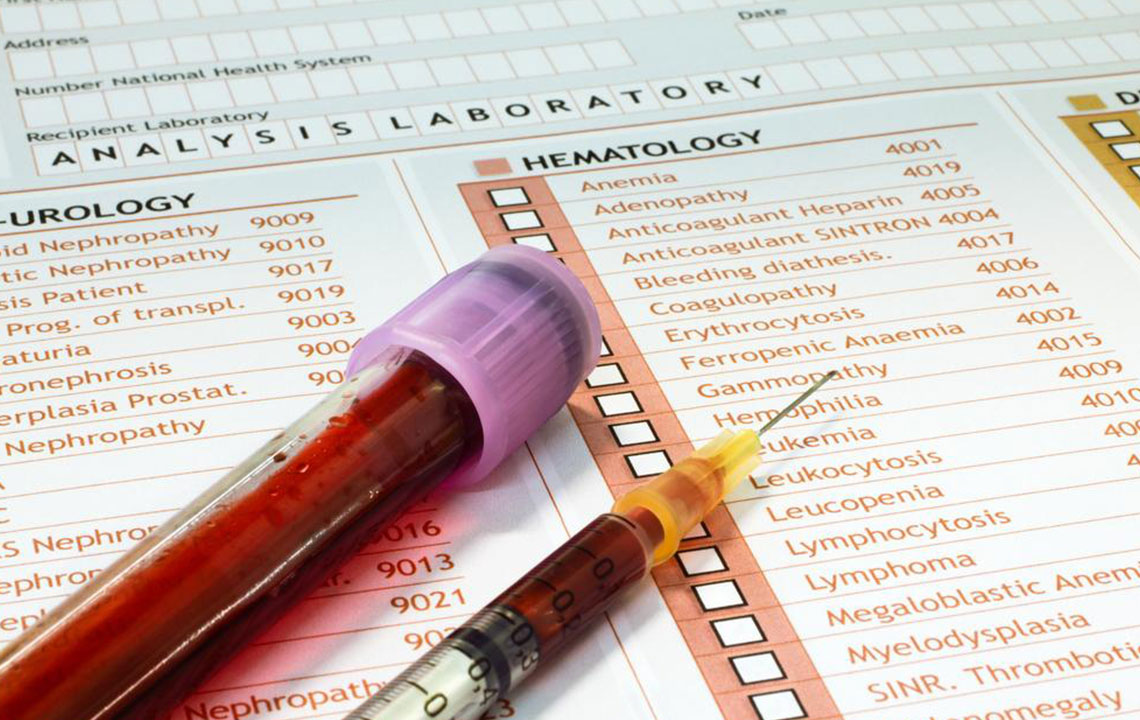Comprehensive Guide to Understanding and Managing Premature Ejaculation: Causes, Treatments, and Strategies
Premature ejaculation is a common concern affecting many men, impacting confidence and relationship satisfaction. This comprehensive guide explores the causes, including psychological, hormonal, and physical factors, and offers effective treatments such as behavioral techniques, medications, pelvic exercises, and counseling. Understanding whether PE is primary or secondary helps tailor the right approach. A combination of therapy, medication, and lifestyle changes can significantly improve control and intimacy. Open communication with partners and healthcare providers is vital for successful management. This guide empowers men to take control of their sexual health.

Comprehensive Guide to Understanding and Managing Premature Ejaculation: Causes, Treatments, and Strategies
Premature ejaculation (PE) is one of the most common sexual health concerns affecting men worldwide. Characterized by an orgasm that occurs sooner than desired during sexual activity, PE can significantly impact a man's confidence and his relationship satisfaction. It can also create challenges in intimacy and, in some cases, influence reproductive efforts. According to various studies, approximately 30% to 40% of men experience premature ejaculation at some point in their lives, making it a widespread issue that deserves attention and effective solutions.
Understanding the underlying causes of PE is essential for effective management. The condition is often multifaceted, stemming from a combination of psychological, physiological, and behavioral factors. While some cases are primarily due to psychological issues such as anxiety or past traumatic experiences, others may be linked to physical health concerns like nerve sensitivity or hormonal imbalances. Recognizing these root causes allows men and their partners to choose targeted treatments tailored to their specific needs.
Psychological factors play a significant role in premature ejaculation. Stress, performance anxiety, relationship problems, and childhood trauma are common contributors. These mental health issues can heighten arousal or distract from focused sexual activity, leading to quicker climax. Additionally, hormonal imbalances—such as abnormal levels of testosterone or serotonin—may influence ejaculatory control. Genetic predispositions may also make some men more prone to PE.
Fortunately, modern medicine and behavioral therapies offer a variety of effective strategies to treat PE. The most appropriate approach often involves a combination of methods, focusing not only on symptom relief but also on addressing underlying psychological concerns. Open communication between partners and a supportive environment are crucial for successful management and improved sexual experiences.
Behavioral Techniques: Techniques like the start-stop method and the squeeze technique are proven to help men delay ejaculation by training their bodies to manage stimulation more effectively. These methods involve controlling arousal levels and practicing patience during intimacy to extend the duration of intercourse.
Medications: Several medications prescribed by healthcare professionals can significantly delay orgasm and enhance sexual duration. Selective serotonin reuptake inhibitors (SSRIs), such as paroxetine and sertraline, are commonly recommended. Additionally, phosphodiesterase inhibitors like sildenafil (Viagra) may be used in certain cases to improve erectile function and overall sexual satisfaction.
Topical Treatments and Condom Use: Numbing creams containing lidocaine or benzocaine can diminish penile sensitivity, thereby prolonging sexual activity. Specially designed condoms with numbing agents can also help reduce sensation, making it easier to control ejaculation.
Pelvic Floor Muscle Exercises: Strengthening the pelvic floor muscles through Kegel exercises can enhance ejaculatory control. Regular practice helps increase muscle tone, which in turn improves the ability to delay orgasm and supports general sexual health.
Psychological Support and Counseling: Therapy, especially cognitive-behavioral therapy (CBT), can address mental health issues like anxiety or depression that contribute to PE. Counseling sessions can also help improve self-esteem and reduce performance-related stress, fostering a healthier sexual mindset.
Holistic and Lifestyle Approaches: Incorporating stress-reduction techniques such as yoga, meditation, and acupuncture may provide additional benefits. Although more research is required to fully validate their effectiveness, these practices support mental well-being and overall health, indirectly helping to manage PE.
Effective management of premature ejaculation hinges on accurate diagnosis. It is important to determine whether PE is primary (lifelong) or secondary (acquired later in life), as this influences treatment choices. Primary PE tends to have a stronger psychological component, often responding well to behavioral therapy and counseling. Secondary PE may be related to specific health issues, requiring a different intervention approach.
Patient education and open communication with partners are critical factors in successful treatment. Men should feel comfortable discussing their concerns with healthcare providers who can recommend personalized treatment plans. During therapy, men and their partners can work together to explore behavioral strategies, medication options, and emotional support systems that help improve sexual intimacy and satisfaction.
In conclusion, premature ejaculation is a manageable condition that can be effectively treated with a comprehensive approach. Whether through behavioral techniques, medication, psychological support, or lifestyle modifications, men can achieve better control and enjoy more fulfilling sexual experiences. The key is understanding the root causes and adopting a multi-faceted strategy tailored to individual needs, fostering greater confidence and intimacy in their relationships.





